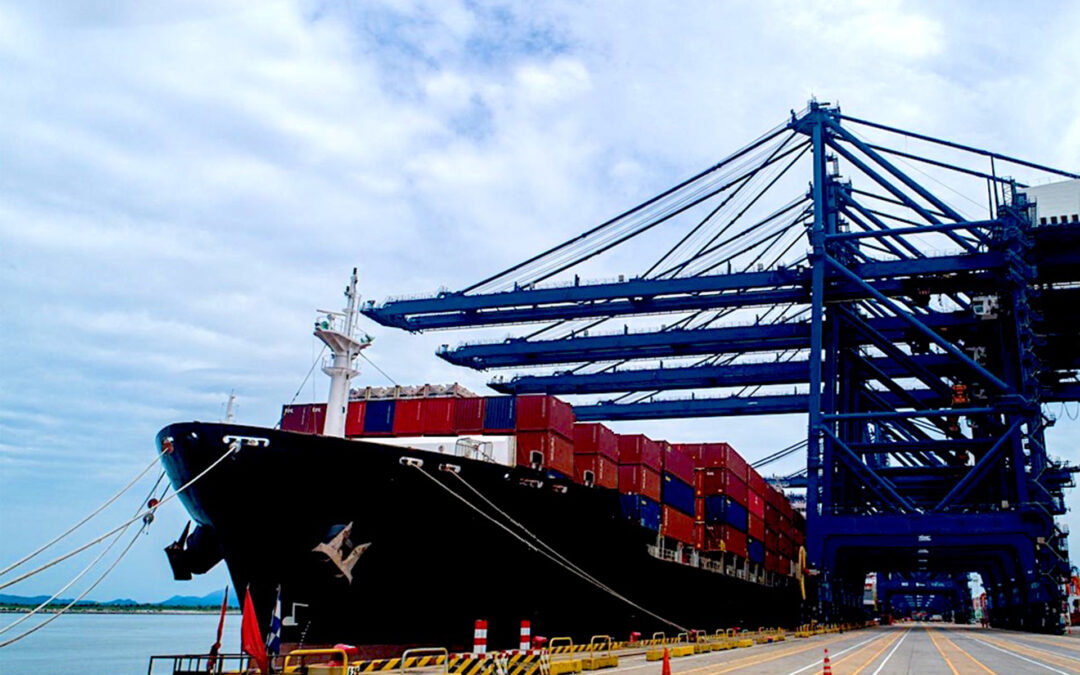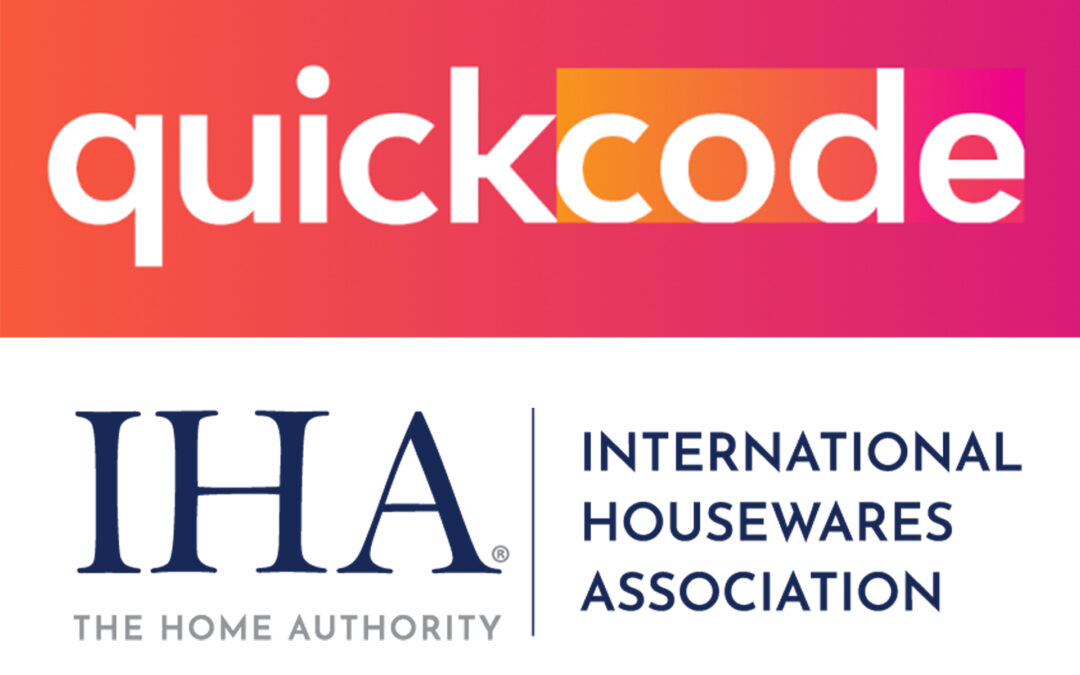HomePage News Editor-in-Chief Peter Giannetti recently talked with Joel Wolitzer, senior vice president, business development of Rosenthal & Rosenthal, a factoring, asset-based lending and purchase order financing firm. Wolitzer talks about the current state of the credit market, common financing and supply chain hurdles housewares companies are facing and what those businesses should watch out for in 2022.
HomePage News: Now that we’re heading into the final stretch of 2021, what’s the state of the credit market and financing?
Wolitzer: The good news is that the markets are generally flush with liquidity right now. All this excess liquidity stems primarily from what have been surprisingly stronger than expected profits, EIDL loans, PPP loan forgiveness and other government stimulus programs created in response to the pandemic last year. As a result, banks’ loans – their assets – are generally down. So those banks have become even more aggressive in recent months in their efforts to attract new clients and retain their existing accounts.
But even with attractive interest rates, not all businesses are ideal candidates for a bank… We’re hearing from many housewares businesses that banks are often less tolerant when it comes to dealing with issues like supply chain disruption, increased freight costs and a host of other factors that ultimately impact a company’s margins and profitability.
HPN: You touched on the supply chain issues. How are you helping companies navigate those challenges?
Wolitzer: We focus on helping our clients understand their own supply chains, giving them more visibility deeper and earlier in the supply chain than they could access on their own. We also give borrowers more flexibility, even when they’re experiencing a downturn in their business. Having access to more working capital can help a business rebound if they’re seeing their margins erode or face tighter terms from suppliers.

Joel Wolitzer, Senior Vice President, Business Development, Rosenthal & Rosenthal
HPN: The pandemic created a surge in e-commerce growth, both new and digitally native brands, as well as established brands that are now straddling brick-and-mortar and direct-to-consumer retail. How does your approach differ when working with and financing direct-to-consumer companies?
Wolitzer: At some point, companies with a robust direct-to-consumer business will face loan capacity constraints from banks that require very stringent formula-driven facilities and prefer A/R as the primary source of collateral, in lieu of inventory. With the direct-to-consumer model, inventory is the largest asset on a company’s books. Unless a company is adequately capitalized and is making money, banks shy away from this financing model as it requires deep analysis of the inventory.
We’re starting to work with smaller revenue companies that are mainly focused on their direct-to-consumer models. We recently launched our newest division, Pipeline, to work with e-commerce companies that require inventory financing as little as $500,000.
HPN: Will it be more of the same in 2022, or do you expect to see major shifts in the market?
Wolitzer: We can expect that the supply chain disruption will likely be with us through at least mid-year next year. It may improve somewhat, as will freight availability and labor shortages, but both issues will likely persist well into 2022
On the credit insurance side, while those providers have started to resurface, history tells us that the traditional credit insurers are the first to scale back credit coverages on all customers, even the stronger retailers. Insurers have a global exposure issue and don’t typically engage in detailed or personal dialogue with retailers. We can obtain information from various retailers and make sound decisions on a retailer’s creditworthiness.
I think we will see a lot of interest in and need for turnaround consulting and turnaround financing in 2022. When the various government subsidies and loan support programs wind down, many companies that were struggling before COVID will be in dire need of alternative capital to keep their businesses operational. We’ll likely see a lot of distressed companies getting pushed out of banks with dwindling options at their disposal. The companies that seek out the right form of financing for their business… will be able to weather that storm.





